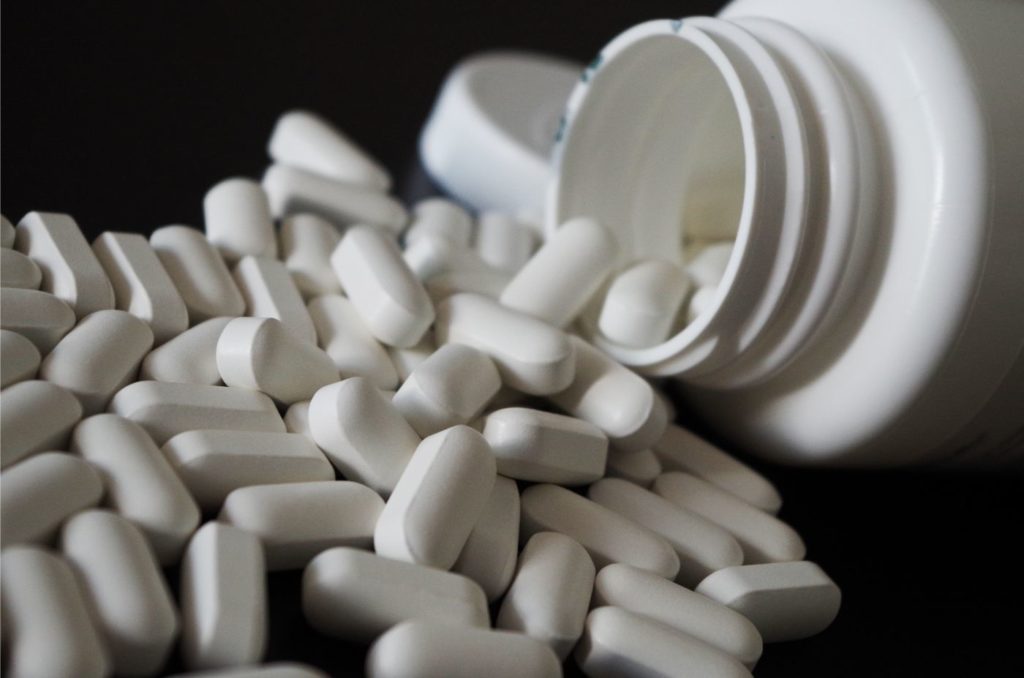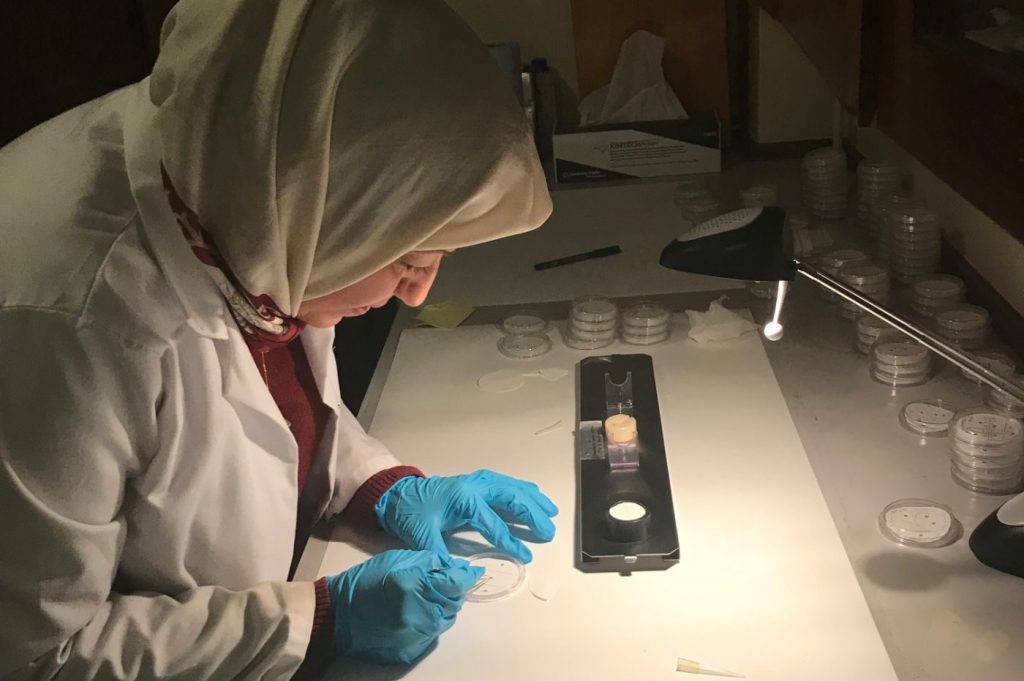Vitamin D researchers recommend a serum level of 40-60 ng/ml (nanograms/milliliter).
The current recommendation is that all people get 600 international units (I.U.) of vitamin D per day, no matter how old they are. The typical multivitamin contains 400 international units of vitamin D.
The higher plasma calcitriol levels were associated with a significant improvement in overall survival in colorectal carcinoma patients. In recent years it has been recognized that an inverse correlation between serum 25-hydroxyvitamin D and increased risk of colon, breast, prostate, gastric, and other cancers. Moreover, there is strong evidence from several cell culture and animal studies professionals to support the antitumorigenic effects of vitamin D. 25-hydroxy vitamin D exerts antiproliferative and differentiating effect in many malignant cells, and delays the development and growth of tumors in animal models raising the possibility of its use as an anticancer agent. Therefore, vitamin D can contribute to the development and progression of many types of cancers. Consequently, keeping a sufficient serum vitamin D levels could be beneficial for the prevention and treatment of cancer. (Joen et al., 2018; Aruna et al., 2010).
Selenomethionine is present in animal tissues. Selenium is a component of over 24 different selenoproteins, which are important for reproduction, thyroid hormone metabolism, and DNA synthesis, as well as protection from infection and oxidative damage.
It was found that selenium plays an important role as a potential chemo-preventative agent against various types of cancers, particularly prostate cancer. Selenium repairs the cell and helps it have a healthy life cycle, protecting it from deforming, which eventually causes cancer.
Fish oil contains omega-3 fatty acids, which helps the body absorb nutrients and fend off inflammation. Some studies indicate that omega-3s may prevent cancer. Fish oil 4-6 g/day +N3 fatty acids 1-2 g/day diminish inflammatory response in cancer patients as evidence that a decrease in inflammatory markers (interleukin or c-reactive protein) and resting energy expenditure which leads to an improved appetite, energy intake, body weight, lean body mass and physical activity. N3-fatty acids increase the efficacy of several cytotoxic drugs.
Regarding vitamin E, vitamin E succinate is the most effective one as an anti-cancer form. Cancer patients need a higher dose of Vitamin E succinate which should be more than 400 IU. In terms of prostate cancer, vitamin E contributes in reducing cell division, blocks androgen receptors. This can encourage cancer cells to regenerate pathways for apoptosis. For breast cancer, it increases the sensitivity of death receptors, tones down to EGFR that can help to stop metastasis of cancer cells or the formation of new blood vessels around tumours and inhibits the replication of cancer cells.
It is likely that Tumeric also plays a role in preventing and treatment of cancer. It seems to be able to kill cancer cells and prevent more from growing. It is shown that turmeric has an effect on breast cancer, bowel cancer, stomach cancer and skin cancer cells. However, the recent research is inconsistent with human studies.


